The Russian war with Ukraine has led to growing concerns about the cost, availability and supply of food to many regions of the world, fuelling a food crisis the UN has said may last for years. Although this might feel new for some, we have witnessed similar shocks with soaring food prices a decade ago and most recently, saw shortages at the beginning of the COVID Pandemic.
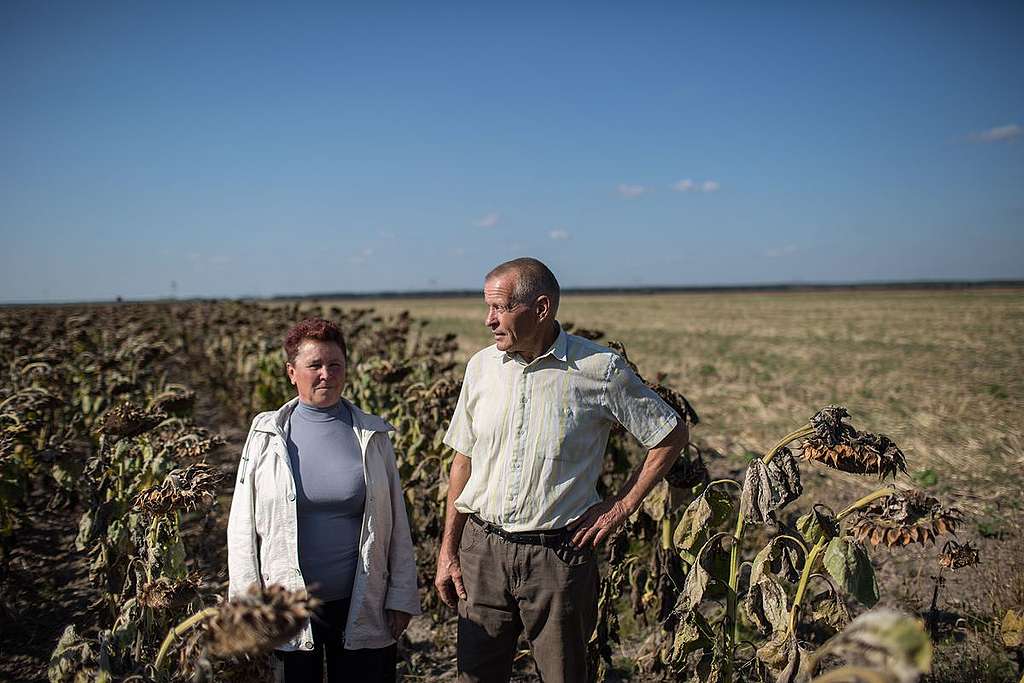
The UN’s FAO recently said that the food price index in March had risen by 12.6% – the highest level since its inception in 1990. This is hurting the most vulnerable populations all around the world. Russia’s invasion of Ukraine is supercharging food insecurity in the Middle East and North Africa. New research by ActionAid in Africa, Asia, Latin America and the Middle East shows that local prices have more than tripled in some of the most at risk communities.
This reality baffles most of us who know full well that the global agricultural output has increased significantly with the prospect of feeding the world, yet the number of people that are going hungry or lack adequate supply of nutritious food is increasing. So where is the problem and how can we fix it?
Corporate greed
Our current food system which is primarily controlled by a few big companies and their subsidiaries is utterly broken and needs to be fixed. These companies, proclaiming themselves as the angels of food security, have sown the seeds of hunger, disease, climate change, destruction of biodiversity and suffering of Indigenous Peoples and local communities. In many cases, they have destroyed large tracts of intact forest and other natural habitats to grow ‘food’, crops that are used mainly to feed animals and biofuels for our cars.
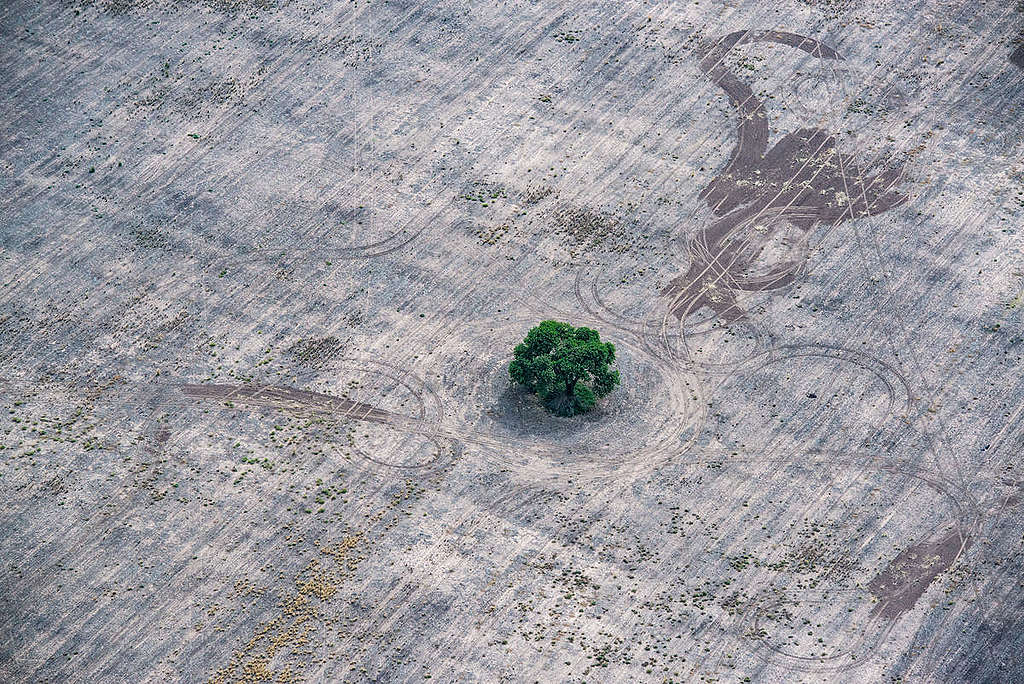
About 80% of agricultural land is used to feed animals for meat and dairy. This includes pastures and arable land used for feed production. Once a forest is destroyed, it creates a massive imbalance in the ecosystem, leading to the loss and destruction of plants, insects (which are key to food production) and also impacting the patterns of evaporation and rainfall.
On top of this, armed conflicts and wars – fertile ground for corporate profiteering – cause a huge loss to biodiversity through oil spills, landmines and the destruction of forests and untouched natural reserves.
But all we hear from these companies are big lies – that they are the real safeguards of food security. The opposite is true: the way Industrial Agriculture and commodity trading companies operate leads to market speculation, false narratives on demand and supply that ultimately help them to make more profits. Many of these firms are milking (excuse the pun) the existing crisis and doing the exact reverse of what’s needed for people and the planet.
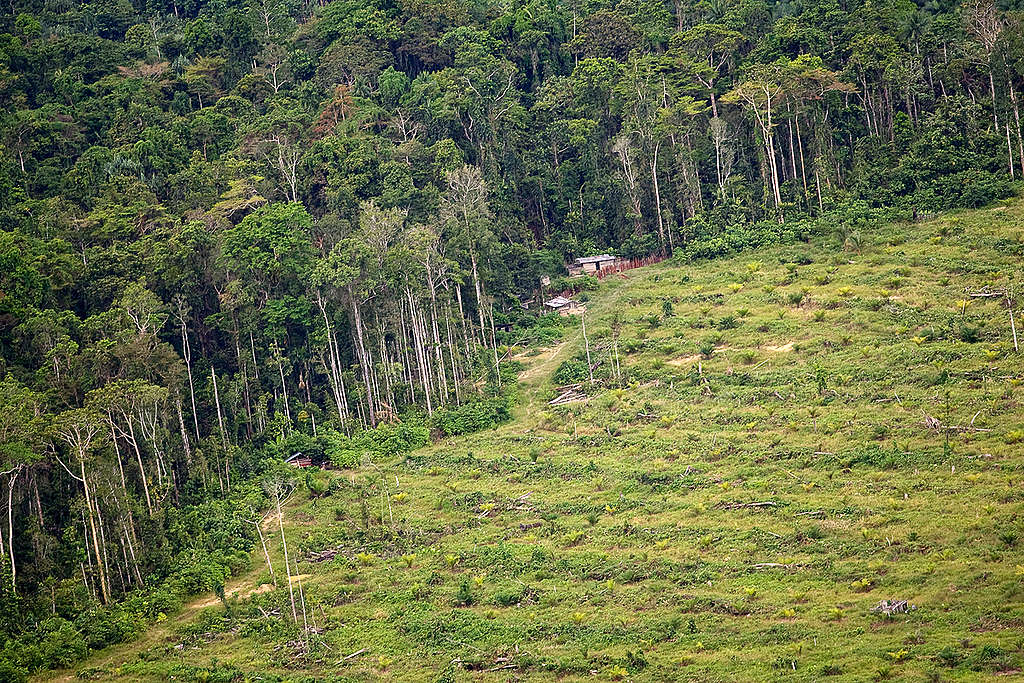
Enough for everyone
The truth is, we do not need and should not allow any further change in land use, since there is enough food produced in the world to feed everyone if it’s distributed equitably. That would ensure existing forests, biomes, savannahs and other precious ecosystems are protected from the ravages of industrial agriculture. The recent UN report states that our food system is responsible for 80% of deforestation, 29% of greenhouse emissions and a leading share of biodiversity loss.
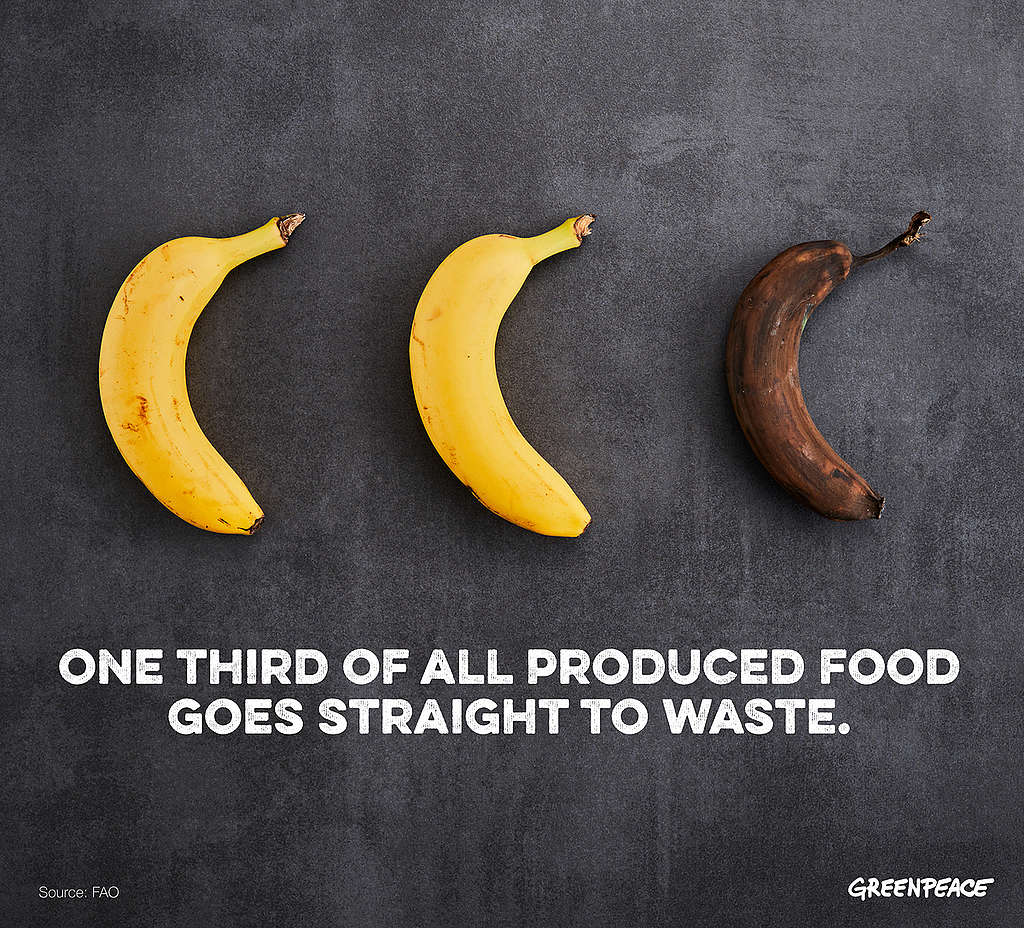
What we need is a robust policy framework to ensure food is produced to feed people, not to feed industry-farmed animals or to fuel cars. We need an end to the industrial food system, putting power back into the hands of national governments and their people to localise food production and consumption. This can be achieved by giving financial support and incentives to small and medium-scale farmers and their marketing collectives.
In his latest message, the UNSG António Guterres said ‘Let’s be clear; there is no effective solution to the food crisis, without reintegrating Ukraine’s food production’. To an extent, this may be true but it’s just a miniscule part of the solution. What the world needs is to swiftly move away from the corporate hold of the food system and linking it to the financial markets. The UN has to stand tall, address the systemic issue around the broken food system and not get played by corporate interests.
Governments and international financial institutions need to regulate the commodities futures market and speculative trading, to end artificial gaps between supply and demand. Governments need to impose a windfall tax on food producing and trading companies, which can be used to invest in agroecology with incentives and technical support for small scale farmers.
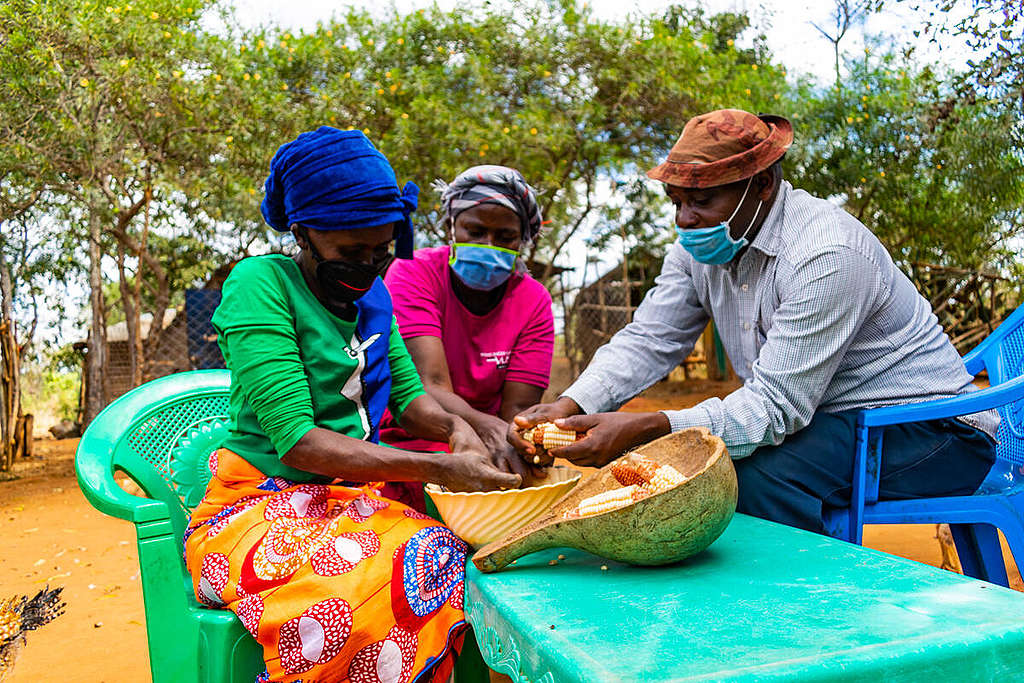
Right to food
Where does the buck stop? It lies squarely in the hands of national and regional governments individually and through international cooperation. The human right to food is crucial for the realisation of other rights like life, health and education.
This Biodiversity Day, if we want to live the UN’s theme ‘Building a shared future, for all life’ we have to put an immediate end to any new changes in land use, end deforestation and protect and restore our existing ecosystems.
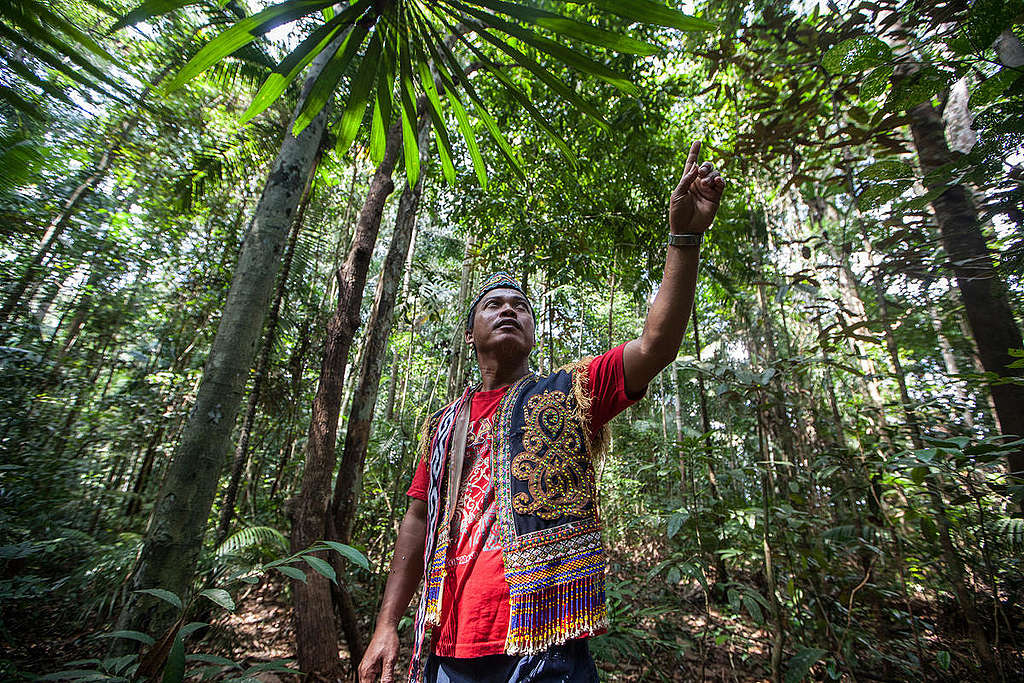
For this to happen, we need to stop corporations from taking over our land and manipulating our food system for profits. We cannot accept them telling us lies and false stories about how they are feeding the world. Finally, we need to make changes in our individual lives by eating what is local, seasonal and produced in harmony with mother earth.
Savio Carvalho is a global campaign lead at Greenpeace International, working to protect and promote people’s rights to a sustainable and healthy environment.  @savioconnects
@savioconnects
